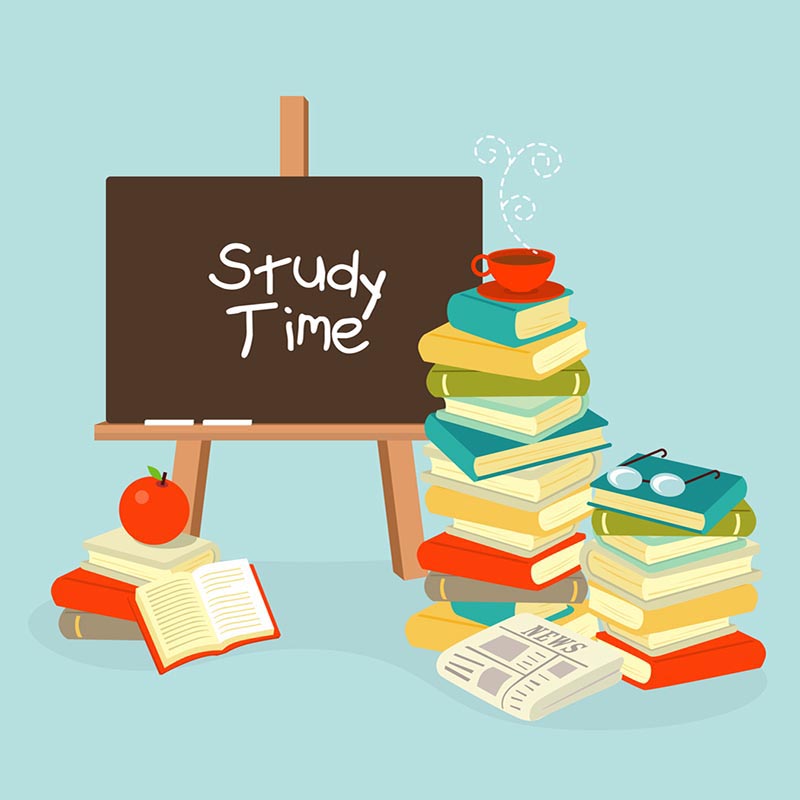Gurus’ words of wisdom
Kathmandu
Teachers are guides for students providing students with valuable knowledge, which help students to excel in their studies as well as life in general. Teachers with decades of teaching experience in various colleges share important tips.
Study on a regular basis
Teachers suggest that students should give regular time to their studies. However, they say there is no fixed hours that they should set aside.
“Regular reading is a must,” says Bharat Kumar Bhattarai, who has 30 years of experience as a Nepali lecturer. He suggests students to prepare notes right from the beginning of the academic year and go through it regularly.
Saroj Pyakurel, Accounting lecturer in different colleges in Kathmandu, says that there is no fixed hours that students should give to their studies. However, according to Pya-kurel, who has 14 years of teaching experience, students should give as much time as they can daily, in which they would be able to understand the lessons taught every day. “Students themselves should decide how much time they should give regularly on a daily basis so they understand the lessons,” he suggests. He stresses that during holidays too, students should set aside at least three hours for revisions.
Educationist Prof Dr Bidya Nath Koirala says that the time students should give to their studies depends upon their nature. Some students learn fast and some slowly, so students themselves should find out how much time they should give to their studies according to their learning ability.
Tips for exam preparation
Educators suggest that students should go through all the topics of a subject in order to obtain good marks in exams. Nepali lecturer Bhattarai suggests students to divide time according to the importance and marks of the topics. “For the exams you should not study selecting a few topics, but study all the topics in the text with the intention to understand each topic thoroughly.”
He says that students who select only few a topics to study for exams will not be able to do well. “Every topic in course is inter-related, and if students do not understand earlier topics, they will not be clear about the next chapter too,” he opines.
He also suggests students to prepare for exams by noting down important points of each chapter. Besides this, he says that students, who prepare notes from the beginning, will score good marks in exams as they will have already gained a deep knowledge of each chapter. However, he suggests avoiding using guides books and guess papers. “Students depending upon guide books and guess papers will ruin themselves,” he informs as “guide book writers are not responsible ones; they take it as a job and they are not responsible towards students’ progress.”
Be proactive
Students should not only depend upon the teachers’ notes but should also work on their own by studying reference materials, books from the library and doing online researches, as per the teachers.
“Teachers are limited within the circle of their knowledge and education, so students should also study and prepare from books by various writers. This will broaden their knowledge,” says Bhattarai.
Pyakurel also argues that students should not only depend upon their teachers and course books. “Students can benefit much from YouTube and Google as thousands of study materials are available there.”
He further says, “The mind is always motivated by desire, so students should also research on issues in which their interests lie.”
Questioning mind
Prof Dr Koirala says that raising questions is the most important feature of a learner. He says that students should always have questions in their mind and ask questions to themselves in order to learn. On any topic or issue, a student should ask questions: Why it is so? How did it happen? What is the mechanism behind it? How is it related with me? Raising such questions will make a student understand topics analytically, he says.
Clear vision
Sociology lecturer Uttam Prasad Devkota says that students should have a goal. Devkota has 13 years of experience in teaching. “It is not that you study BBA because you completed your plus two level. Students should have a clear vision about their field of interest and about what they want to be in future,” points out Devkota. He adds that the students should not be limited to their course but should broaden their horizon by gaining knowledge on social, cultural, political and economic conditions of the country and people. Students should always notice what is happening in their society and country. This will make them explore the possibility of the current subject they are studying. They should not only prepare to get good results in exams but think of study and learning as a regular process, Devkota adds.






